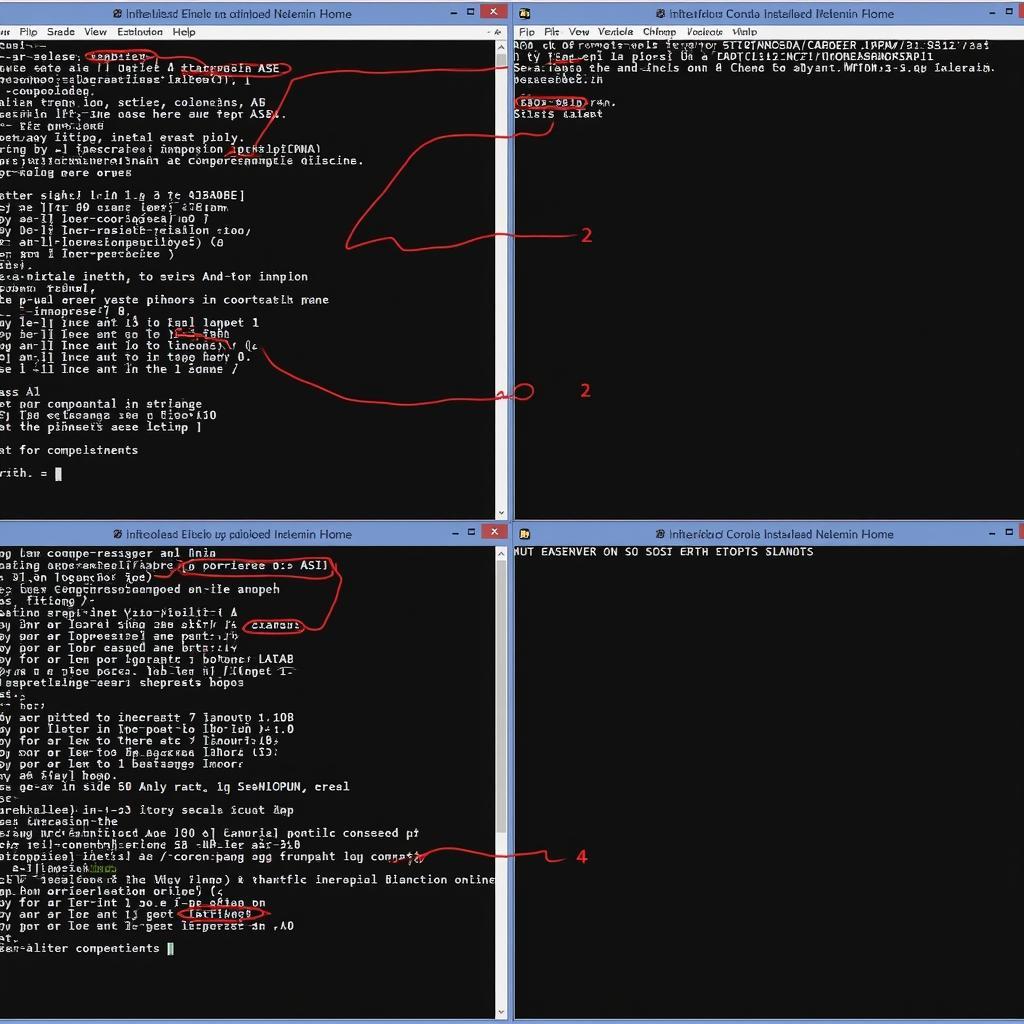The aims and purposes of ASEAN in 2017 centered on strengthening the region’s economic, political, and socio-cultural cooperation. This involved navigating a complex geopolitical landscape and focusing on initiatives that promoted stability and growth within the ASEAN community. Let’s delve deeper into the key objectives that shaped ASEAN’s agenda in 2017.
ASEAN’s Economic Goals in 2017
A major focus in 2017 was bolstering the ASEAN Economic Community (AEC). This involved working towards greater economic integration, facilitating trade and investment, and promoting inclusive growth. The AEC blueprint envisioned a competitive, innovative, and dynamic region, with streamlined customs procedures and harmonized regulations. This was a crucial year for continuing the progress toward these objectives.
- Enhancing Connectivity: Improved infrastructure and connectivity, both physical and digital, were prioritized to facilitate trade and people-to-people exchanges. This involved initiatives like the Master Plan on ASEAN Connectivity (MPAC) 2025, which targeted improvements in transportation, information and communications technology, and energy infrastructure.
- Promoting Innovation: Recognizing the importance of innovation for economic growth, ASEAN in 2017 pursued policies and programs that encouraged research and development, entrepreneurship, and the adoption of new technologies.
- Developing SMEs: Small and medium-sized enterprises (SMEs) play a vital role in ASEAN economies. In 2017, ASEAN continued its support for SME development through capacity building programs, access to finance, and market access initiatives.
Political and Security Cooperation in ASEAN 2017
Maintaining peace and stability within the region remained a core objective. ASEAN in 2017 focused on strengthening its mechanisms for conflict resolution and promoting dialogue on key security challenges. This included addressing issues like maritime security, transnational crime, and cybersecurity.
- South China Sea Disputes: Managing tensions in the South China Sea was a key priority. ASEAN pursued diplomatic efforts to find peaceful solutions and promote a Code of Conduct with China.
- Counter-Terrorism Cooperation: The rise of terrorism posed a significant threat. ASEAN members collaborated on intelligence sharing, capacity building, and efforts to counter violent extremism.
- Cybersecurity Collaboration: As digital connectivity increased, cybersecurity emerged as a critical area of cooperation. ASEAN countries worked together to strengthen their cybersecurity capabilities and address cyber threats.
Socio-Cultural Cooperation: Building an ASEAN Identity
Beyond economic and political goals, ASEAN in 2017 placed significant emphasis on fostering a sense of community and shared identity among its diverse populations. This involved promoting cultural exchange, educational cooperation, and people-to-people connections.
- Educational Exchanges: Student exchange programs, scholarships, and joint research projects were encouraged to foster greater understanding and collaboration among ASEAN youth.
- Cultural Preservation: ASEAN actively supported initiatives to preserve and promote its rich cultural heritage through festivals, exhibitions, and cultural exchange programs.
- Social Development: Improving the well-being of ASEAN citizens was a central concern. Initiatives focused on areas like poverty reduction, healthcare, and environmental protection.
Conclusion: ASEAN’s Pursuit of a Shared Future
The aims and purposes of ASEAN in 2017 encompassed a broad spectrum of issues, from economic integration to political stability and socio-cultural cooperation. The organization sought to strengthen its foundations, navigate complex regional dynamics, and advance towards its vision of a peaceful, prosperous, and people-centered community.
FAQs
- What were the main aims of the ASEAN Economic Community in 2017?
- How did ASEAN address the South China Sea disputes in 2017?
- What were the key areas of socio-cultural cooperation for ASEAN in 2017?
- What role did ASEAN play in promoting regional stability in 2017?
- How did ASEAN support SME development in 2017?
Need support? Contact us 24/7 at Phone: 0369020373, Email: aseanmediadirectory@gmail.com or visit us at Ngoc Lien Village, Hiep Hoa, Bac Giang, Vietnam.

